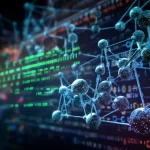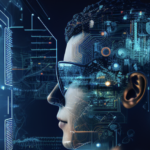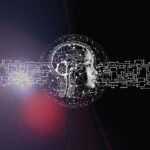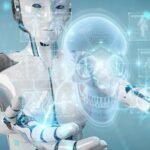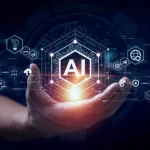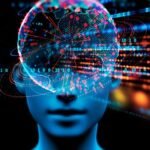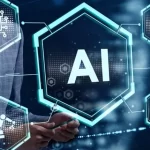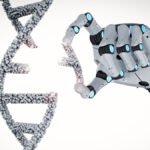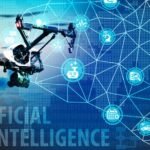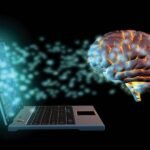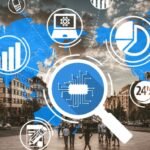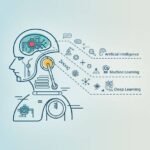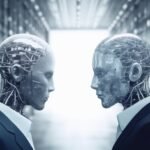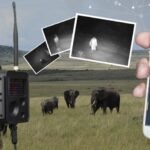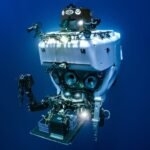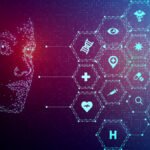Exploring the Ethics of Artificial Intelligence
/ /
Exploring the Ethics of Artificial Intelligence: Understanding the Implications and Impact on Society
Introduction: Artificial Intelligence (AI) has made remarkable advancements in recent years, revolutionizing various aspects of our lives. However, as AI becomes more prevalent, it is crucial to understand and address the ethical considerations surrounding its development and deployment. In this blog post, we will delve into the multifaceted realm of AI ethics, exploring its implications and impact on society.
- The Challenge of Bias in AI: One of the most pressing ethical concerns in AI is bias. AI systems are trained on vast amounts of data, and if that data contains biases, the AI algorithms can perpetuate and amplify those biases. We will discuss examples of bias in AI systems, such as facial recognition technology, and explore the potential consequences for marginalized communities. Moreover, we will explore ways to mitigate bias, including diverse and inclusive data collection and rigorous testing protocols.
- Privacy and Data Protection: AI systems rely heavily on data, often requiring vast amounts of personal information. This raises significant concerns about privacy and data protection. We will examine the ethical implications of AI systems collecting, storing, and analyzing personal data, and discuss the importance of transparency and informed consent. Furthermore, we will explore emerging regulations and frameworks designed to protect individual privacy in the age of AI.
- Automation and Job Displacement: The increasing automation brought about by AI and robotics raises questions about the future of work. We will discuss the potential impact of AI on job displacement and explore the ethical considerations associated with it. Additionally, we will delve into the concept of “human-in-the-loop” systems, where AI and humans collaborate, and highlight opportunities for upskilling and reskilling to adapt to the changing job landscape.
- Accountability and Transparency: AI systems often operate as “black boxes,” making it challenging to understand how they arrive at their decisions. This lack of transparency can hinder accountability and raise ethical concerns. We will explore the importance of explainable AI and the need for clear guidelines and regulations to ensure transparency in AI systems. Furthermore, we will discuss the challenges and potential solutions for holding AI developers and organizations accountable for the actions of their systems.
- The Future of AI Ethics: In this final section, we will look ahead and consider the future of AI ethics. We will discuss the role of interdisciplinary collaboration, involving experts from various fields, in addressing ethical challenges. Additionally, we will explore the need for ongoing public dialogue and engagement to shape AI policies and ensure that AI systems align with societal values.
Posted in Blogs





